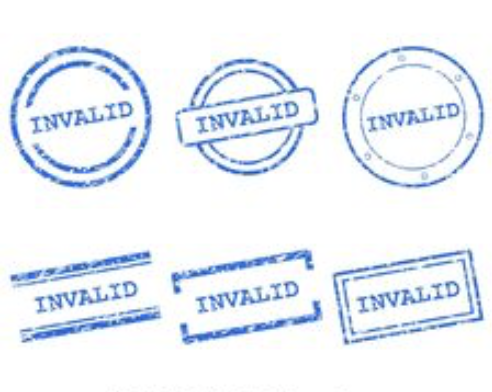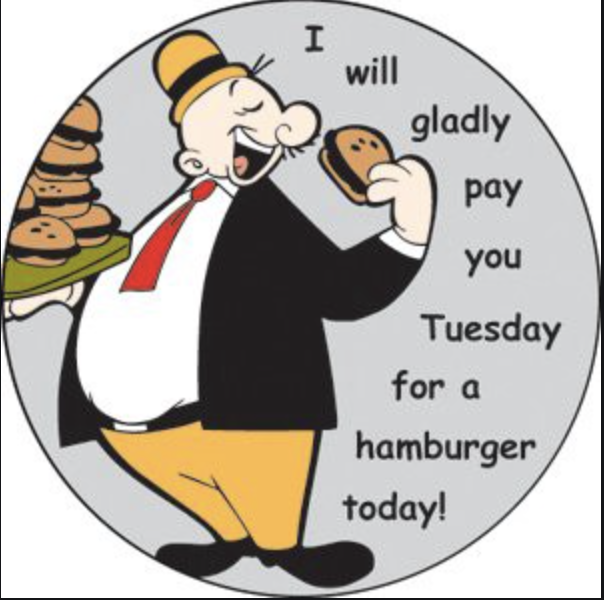Invenergy's recent dish about how its project has changed was not accepted in the spirit in which it was issued. I'm not sure what Invenergy expected... that citizens, local governments, elected officials, and electric utilities across Kansas and Missouri would stand up and cheer to know that the project's original plan to make a bunch of money shipping electricity from Western Kansas to PJM states on the east coast has been thwarted. Instead, GBE claims it will simply move power around the two states instead. Clean Line's plan brought money from PJM's more expensive electric market to Kansas and Missouri. Invenergy's plan brings no new investment to the states. GBE is supposed to cost more than $2B to build. Someone has to pay for that. It's not going to be rich east coasters anymore, but the people of Kansas and Missouri.
Missouri landowners have apparently had enough. The Missouri Landowners Association, Eastern Missouri Landowners Association, and an individual landowner have filed another complaint at the Missouri PSC alleging:
The Commission in that case granted a Certificate of Convenience and Necessity (“CCN”) to Respondent Grain Belt, authorizing it to build the transmission project described in the Application filed by Grain Belt at the outset of that proceeding. However, one condition attached by the Commission to the CCN was as follows: “If the design and engineering of the project is materially different from how the Project is presented in Grain Belt Express Clean Line LLC’s Application, Grain Belt Express Clean Line LLC must file an updated application with the Commission for further Commission review and determination.” In a press release issued on August 25, 2020, Respondents announced plans for changes to the project which will clearly make it “materially different” from the one approved by the Commission in the CCN case. A copy of that press release is attached hereto as Exhibit 1, and is available to the public on the Grain Belt website: www.grainbeltexpress.com.
To Complainants’ knowledge, Respondents have not sought Commission permission to make any changes to the project as it was approved in the CCN case.
Inasmuch as Respondents have publically announced that they no longer plan to build the project for which the CCN was granted, at this point Grain Belt does not have a valid CCN to build anything in Missouri.
Invenergy’s press release also indicates that it plans to begin construction of the Missouri portion of the line before obtaining approval for the line from the Illinois Commerce Commission. However, another condition to the CCN imposed by this Commission was that Grain Belt could not begin construction in Missouri until it has obtained commitments for funding of the entire multi-state project. Obviously Invenergy cannot obtain financing for the large segment of the project in Illinois, including the converter station there, without approval from the Illinois Commerce Commission.
In contrast, the project approved by the Commission was to deliver 500 MW to the converter station in Missouri, and 3,500 MW to the converter station near the Illinois/Indiana border for delivery to the PJM system. If 2,500 MW are delivered to Kansas and Missouri, then the total capacity for delivery into what the Commission found to be the more lucrative PJM market would be reduced from 3,500 MW to only 1,500 MW.
The drastic reduction in sales into the PJM system will obviously have a material impact on the economic viability of the project, as it was presented to the Commission by Grain Belt in the CCN case.
Let's think about Invenergy's admission... it wants to build part of its project. What happens if Invenergy does not follow through in Illinois, or is denied by the Illinois Courts? (Because that is a very real possibility thanks to the efforts of the Illinois Landowners Alliance.) Who is going to pay for this partly constructed project? Will the cost of the unfinished, uneconomic project fall upon the taxpayers and ratepayers of Kansas and Missouri? These are serious questions the regulators of both states must determine. Allowing GBE to continue on with a permit that doesn't match its plan is not an option. Allowing GBE to provide "updates" to select portions of its project application is not an option. An entirely new application for an entirely new project is required!
What does this all mean for affected landowners?
Respondents (Invenergy) and their land agents are now in the process of seeking easements from landowners on the right-of-way for the project as initially proposed. At the same time, Respondents are telling the public on their website (and possibly by other means as well) that Grain Belt currently has the right of eminent domain for the line in Missouri. Obviously, having the right of eminent domain would give Grain Belt a powerful advantage in its negotiations for the easements it is seeking. But if Grain Belt no longer has a valid CCN in Missouri, then Grain Belt and its agents are currently negotiating with landowners under false pretenses. Grain Belt’s continued pursuit of easements for a project for which it does not have a valid CCN, under threat of eminent domain, constitutes a violation of the Commission Order which initially granted the CCN.
And what about Kansas? Nobody has filed a complaint at the KCC (yet), but Invenergy's permit from the KCC has just as many conditions that are now being violated by Invenergy. There's the requirement that GBE must be approved in all 4 states before beginning construction in Kansas. Illinois is named as one of the 4 states. And then there's the requirement that GBE commits to not recover the transmission project's costs ... from Kansas ratepayers. I must have missed the part of Invenergy's press release where it was planning to provide service to Kansans for free. It sure looks like Invenergy plans to recover a portion of the cost of GBE from Kansas ratepayers.
Invenergy has lost this game of permit Whack-a-Mole! It's back to start in all states. Any easement agreements signed under false pretenses may be deemed invalid.


 RSS Feed
RSS Feed